Massive near-space balloons are making a comeback in a powerful way. These vessels, capable of travel, surveillance, and disaster relief, are challenging satellites.
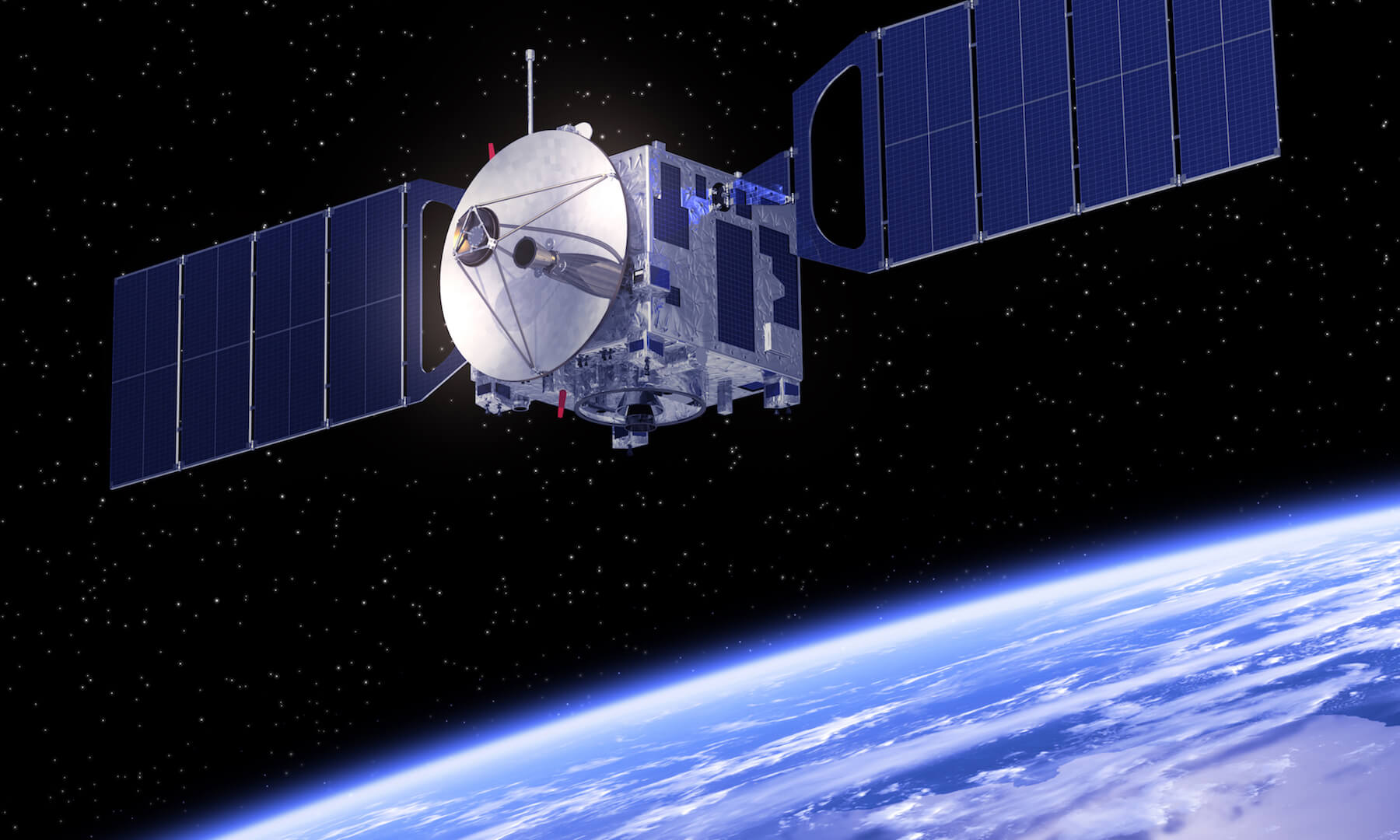

Massive near-space balloons are making a comeback in a powerful way. These vessels, capable of travel, surveillance, and disaster relief, are challenging satellites.

Lucinda Grange is a photographer with a love of adventure. She scales skyscrapers and monuments to take unbelievable photographers. Check out this photo essay of her work.
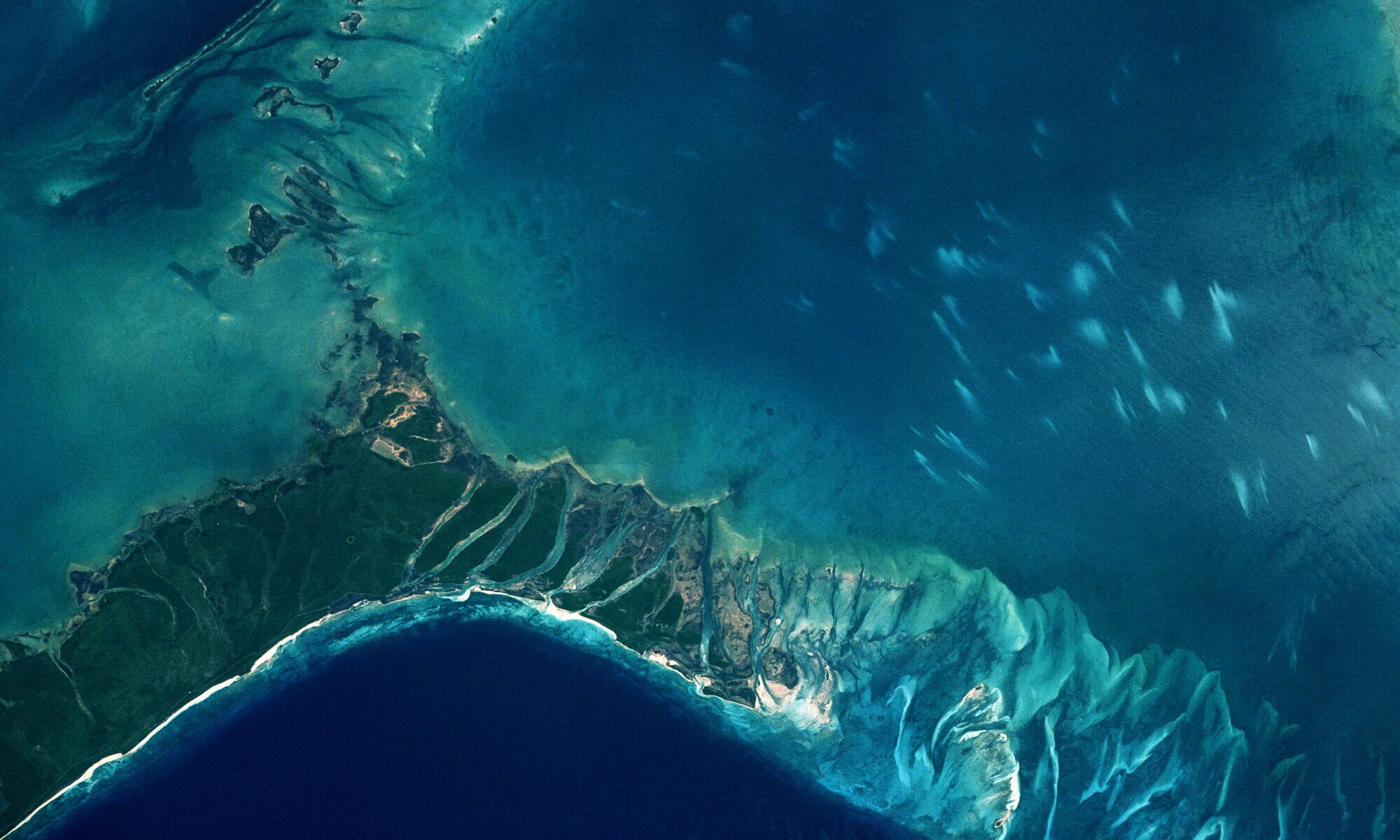
Humans have mapped a larger percentage of the surface of Mars than Earth’s seafloor. These 7 technologies are looking to change that.
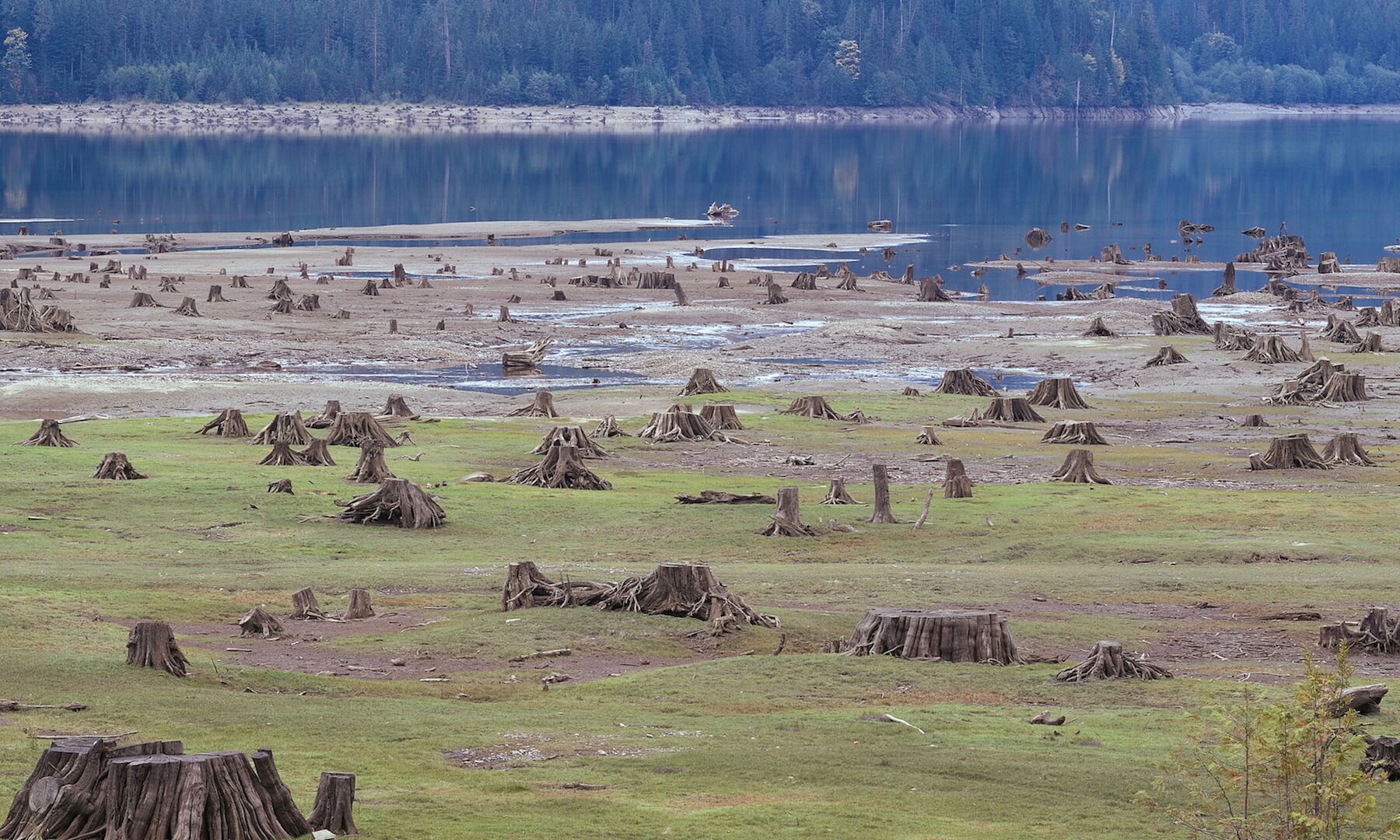
Read about the biological importance of rainforests and the ways in which humans are destroying these precious ecosystems at an alarming rate.
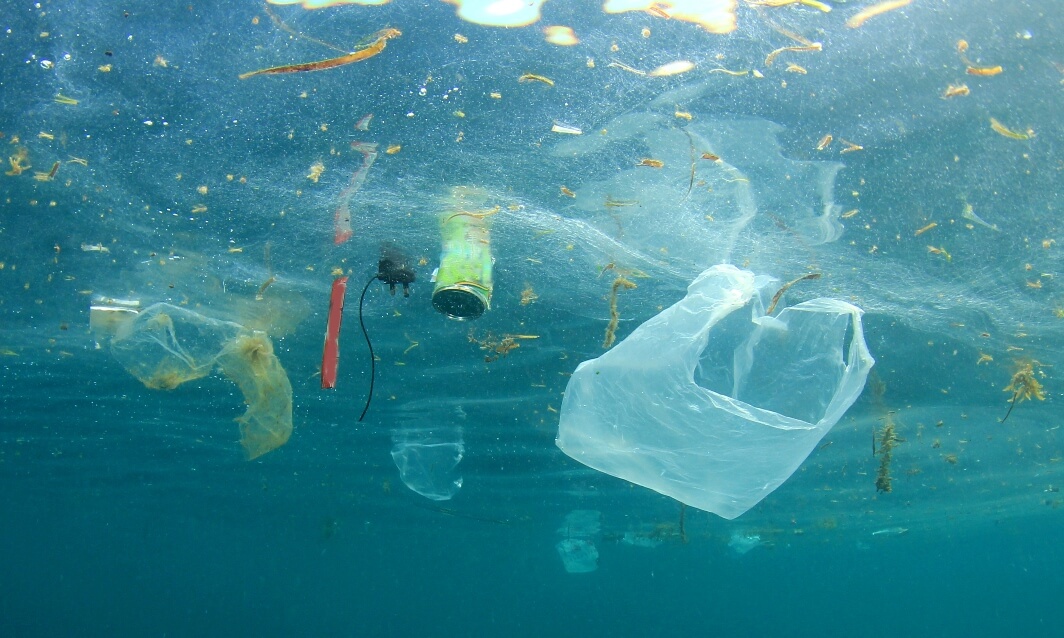
Read about ways we can help protect the earth’s oceans from plastic pollution.

Mars Short Stories – The Write Stuff is an initiative by NASA to engage writers to put technology-based fiction to paper. The aim is to help visualize the potential reality of, in particular, the first human missions to Mars.

Read about the women in the South Korean island province of Jeju who make their living from diving to collect seafood from the ocean floor using no breathing equipment.

Imagine the elation at witnessing a cosmic event that occurred millions of years ago! That’s what happened in October this year when scientists announced the ripple effect (literally) of two neutron stars crashing into each other around 130 million years ago.

Building a city on Mars is full of unknown risk. The United Arab Emirates plan to build a Martian city…on Earth…within the next ten years or so to plan for the real thing.
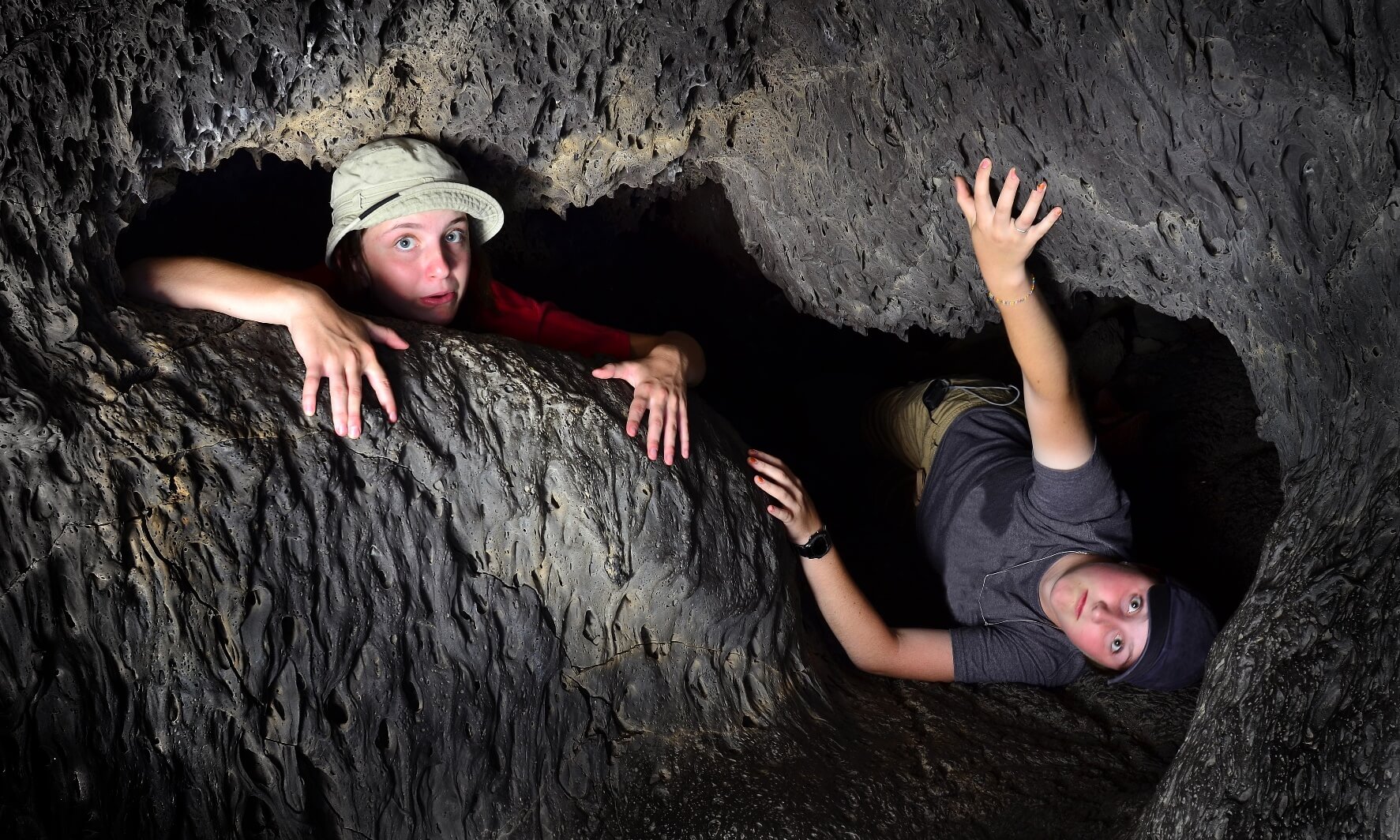
Seasoned adventurer Sir Ranulph Fiennes shares his ideas about where future explorers should focus their efforts.
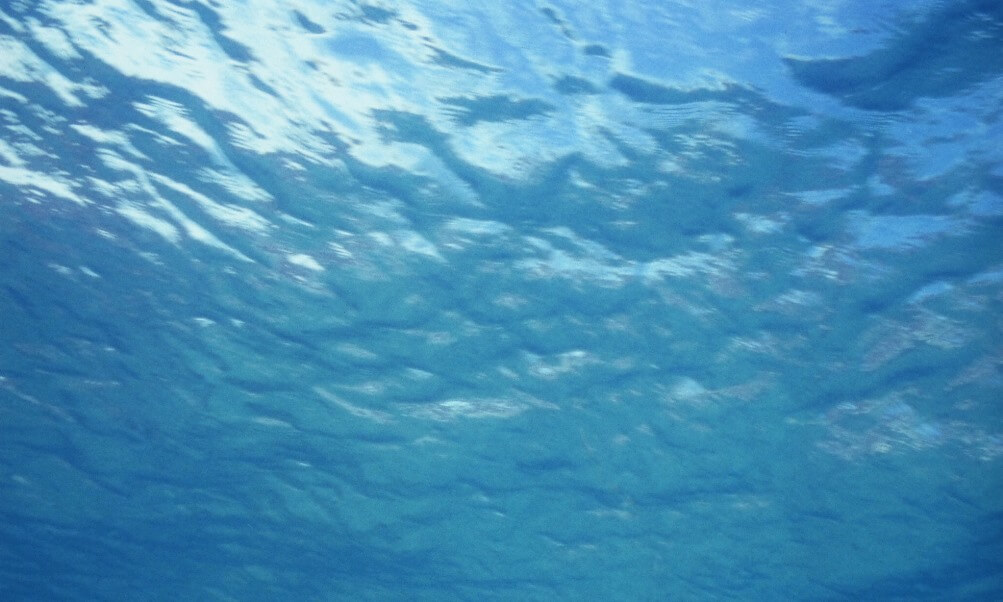
Scientists gathering data recently came upon the deepest-known cold water coral reef. It is located in Irish waters, specifically in the Atlantic Ocean. With this discovery comes the surprise and excitement of finding new species.
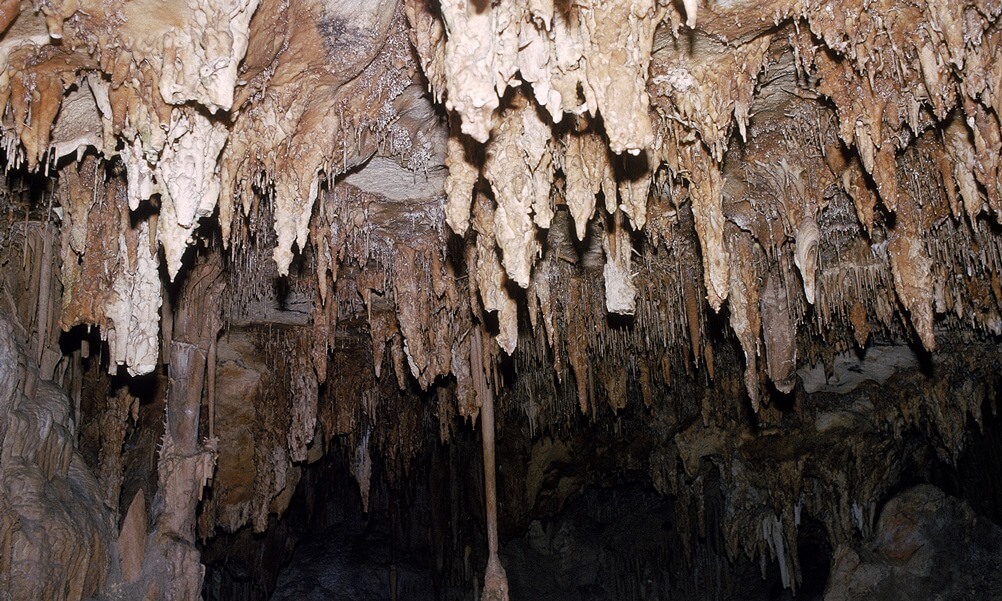
Interestingly, caves provide a great training ground to prepare astronauts for outer space. In the cave a multicultural team spend six days of training in the isolation and confinements of the underground.

This site highlights major achievements in President Kennedy’s expansion of the space program. Learn more about the “space race” between the United States and the Soviet Union, as well as access historic speeches online.

After a whale dies, its sunken carcass becomes home to hundreds of species of underwater creatures. This in-depth article from Scientific American describes the phenomenon known as whale fall.

Lionfish are among some of the creatures taking over waters across the world, killing off native wildlife. As invasive species have no natural predators they multiply rapidly. Read about how the use of technology is now vital to combat the problem of extinction of native species.

Who dreams up the next, great technology devices? Well, sometimes they are born out of teams of people competing against each other for some serious prize money. The Shell Ocean Discovery XPRIZE is one such global competition searching for the latest ocean exploration technology to help scientists, and us, learn more about the world’s vast oceans.

When this video was produced it was thought that the person who will become the very first person to set foot on Mars is probably sitting in a classroom right now. The SLS spacecraft is due to make an unmanned flight in November 2018 but more recently NASA are investigating the risks and feasibility of sending a crew at this time instead of holding off for 2030.

Hidden Figures, first a book and now a movie, brings to light the significant role of some of the female African-American mathematicians at NASA during the 1960s, and the challenges faced by the women at that time.

One of the most daring Americans of the 1930s, pilot Amelia Earhart disappeared somewhere in the south Pacific during an attempted around-the-world flight. Here is one theory of what may have happened to her.

Our goals and technology for space exploration have changed, but our pursuit of knowledge is just as active today as it was during President Kennedy’s era. Discover the future of space exploration by accessing videos and interactive infographics on NASA’s website.